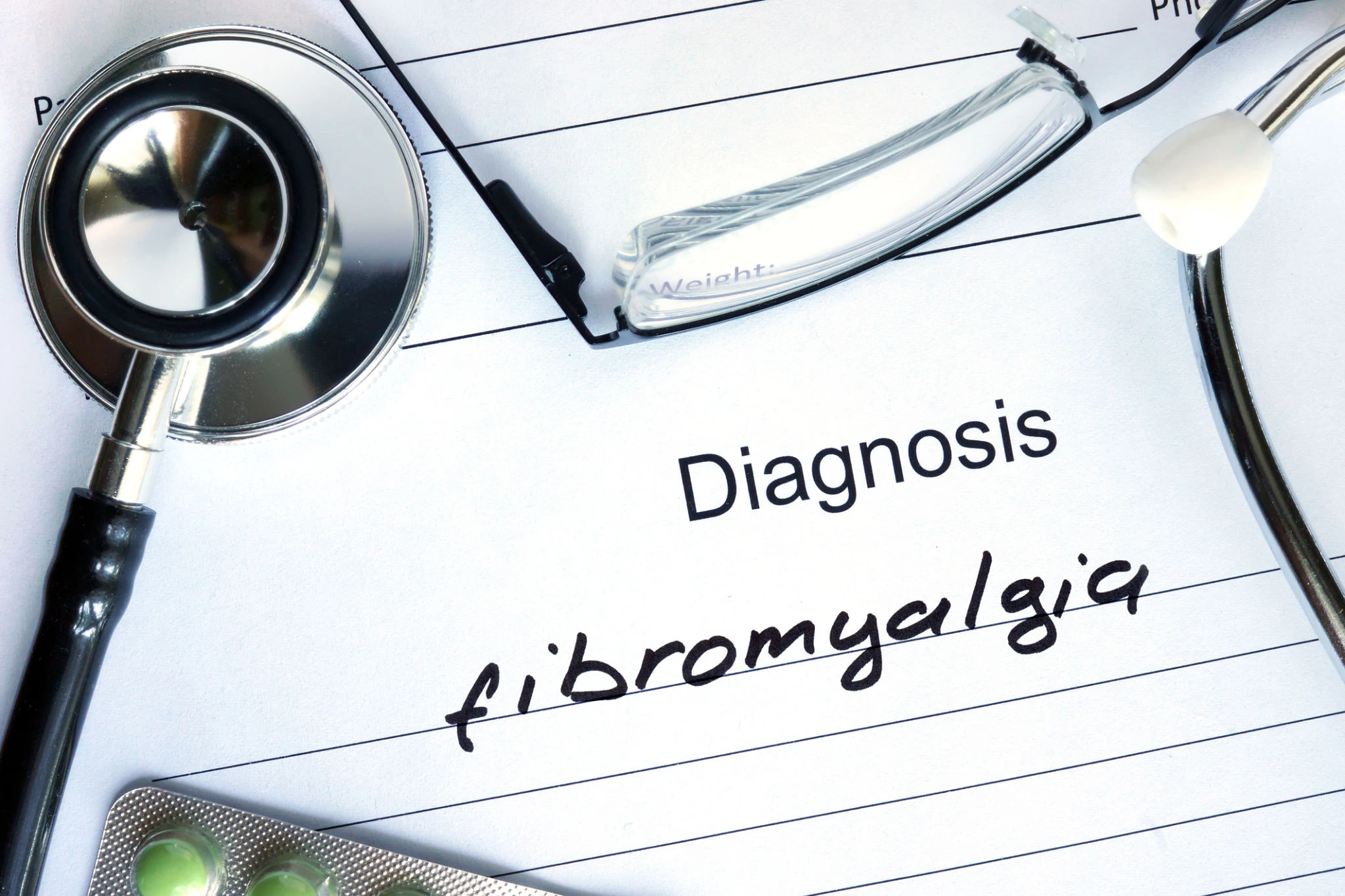There is no doubt that fibromyalgia has been getting a lot of attention in recent years. In fact, there are now lots of studies that suggest that as much as 10 percent of adults worldwide suffer from this condition. That said, this doesn’t mean that all these people who claim to be suffering from fibromyalgia should get their hopes up. After all, fibromyalgia is a very difficult to diagnose.
So, how can you tell whether or not you actually have this chronic pain disorder? It’s important to understand that fibromyalgia isn’t just one disease, but rather a number of conditions that share similar symptoms. These include: muscle aches, joint stiffness, fatigue, insomnia, irritable bowel syndrome, depression, and anxiety.
How to Choose a Fibromyalgia Doctor
Fibromyalgia is a chronic condition which affects the muscles and ligaments in your body. The symptoms of this disease include fatigue, pain, sleep problems, memory problems, anxiety, depression, stiffness, muscle cramps, tender points, and more.
The best way to diagnose fibromyalgia is by using a questionnaire called the Rheumatology Diagnostic Criteria for Fibromyalgia (DCFI). This questionnaire asks you questions about your symptoms. So, if you answer yes to two or three of these questions, then you have a good chance of having fibromyalgia.
It’s also possible to get diagnosed with fibromyalgia through an examination. Your doctor will be able to examine you to see how well you are coping with the condition. If you don’t feel comfortable going to the doctor, you can always ask a friend to help you.
If you want to know more about choosing a fibromyalgia doctor, read on.
How to Evaluate a Fibromyalgia Doctor
If you are suffering from chronic pain, you might want to see if you qualify for a fibromyalgia diagnosis. A fibromyalgia diagnosis is given to people who suffer from severe muscle and joint pains.
When you get a fibromyalgia diagnosis, you will be able to receive medical care. This includes prescriptions for anti-inflammatory medications, as well as other treatments.
There is no specific test to diagnose a fibromyalgia diagnosis. However, doctors usually use a combination of tests, including blood work, physical exams, questionnaires and sometimes imaging scans.
The best way to evaluate a fibromyalgia doctor is by asking your friends or family members. They can give you some advice about how the doctor treats his patients. Also, they can tell you whether he listens to their concerns and what kind of bedside manner he has.
Another thing that you should do when evaluating a fibromyalgia doctor is to ask him questions about his treatment options. You need to find out which ones are most effective in treating your condition.
How to Get the Best Fibromyalgia Diagnosis
Fibromyalgia is a chronic disease that affects your muscles. It can cause pain in your neck, back, arms, legs, hips, knees, and feet.
The most common symptoms of this condition are muscle aches, stiffness, fatigue, and sleep problems. But, there are many other symptoms that you may experience.
If you think that you might be suffering from fibromyalgia, you should see your doctor. Your doctor can help to diagnose the problem.
But how do you know if you have it? Well, you could ask your doctor for a referral to a specialist. The specialist will then give you an accurate diagnosis.
When you visit a specialist, he or she will likely ask questions like these:
– Do you feel tired all the time?
– Are you having trouble sleeping at night?
– Have you been experiencing muscle ache and pain?
Once you have answered yes to one of the above questions, then you probably have fibromyalgia.
How to Get an Accurate Fibromyalgia Diagnosis
Fibromyalgia is a chronic disease where you experience pain in the muscles and joints. But, you may also feel tired, depressed, anxious, or irritable.
It’s important to make sure that you have a correct diagnosis. If you don’t have a proper diagnosis, then you might be taking medications that aren’t helping you. This could lead to serious side effects. So, it’s important to see a doctor for a fibromyalgia diagnosis.
There are many ways to diagnose fibromyalgia. One of the most common methods is to ask your doctor to perform a physical examination. Your doctor will take note of how you move, the way that you sleep, and the areas of the body where you’re experiencing pain. They’ll also test the strength of your muscle groups.
If you have been diagnosed with fibromyalgia, then you need to keep a journal. You can use this to track your symptoms. It will help you to understand what you are going through better.
How to Avoid Getting the Wrong Fibromyalgia Diagnosis
Fibromyalgia is a disease that causes pain in different parts of your body. It can cause a lot of symptoms, such as fatigue, sleep problems, headaches, muscle and joint stiffness, and depression.
There are many people who have been diagnosed with this condition. However, if you don’t get the right treatment for it, then it could become worse. So, how do you avoid getting the wrong fibromyalgia diagnosis?
The first step to take is to see a doctor. If you haven’t seen one before, then you should start by seeing your family physician or primary care provider. They will be able to diagnose the problem.
After that, you should ask them about the best ways of treating the condition. You might also want to talk to other doctors and specialists. This way, you can find out what they think is going on with you.
Once you have gotten the correct diagnosis, you should work on managing the condition. There are several things that you need to do. These include:
• Exercise regularly.
• Eat healthy food.
Conclusion
In conclusion, fibromyalgia is a chronic pain disorder that causes widespread musculoskeletal discomfort. There is no cure for the disease, but symptoms like fatigue, sleep disturbances, muscle stiffness, and joint pains can be treated effectively with medication and lifestyle changes.
The best way to get diagnosed is by seeing a doctor. However, if you are worried that you might have this condition, you should see a specialist.


